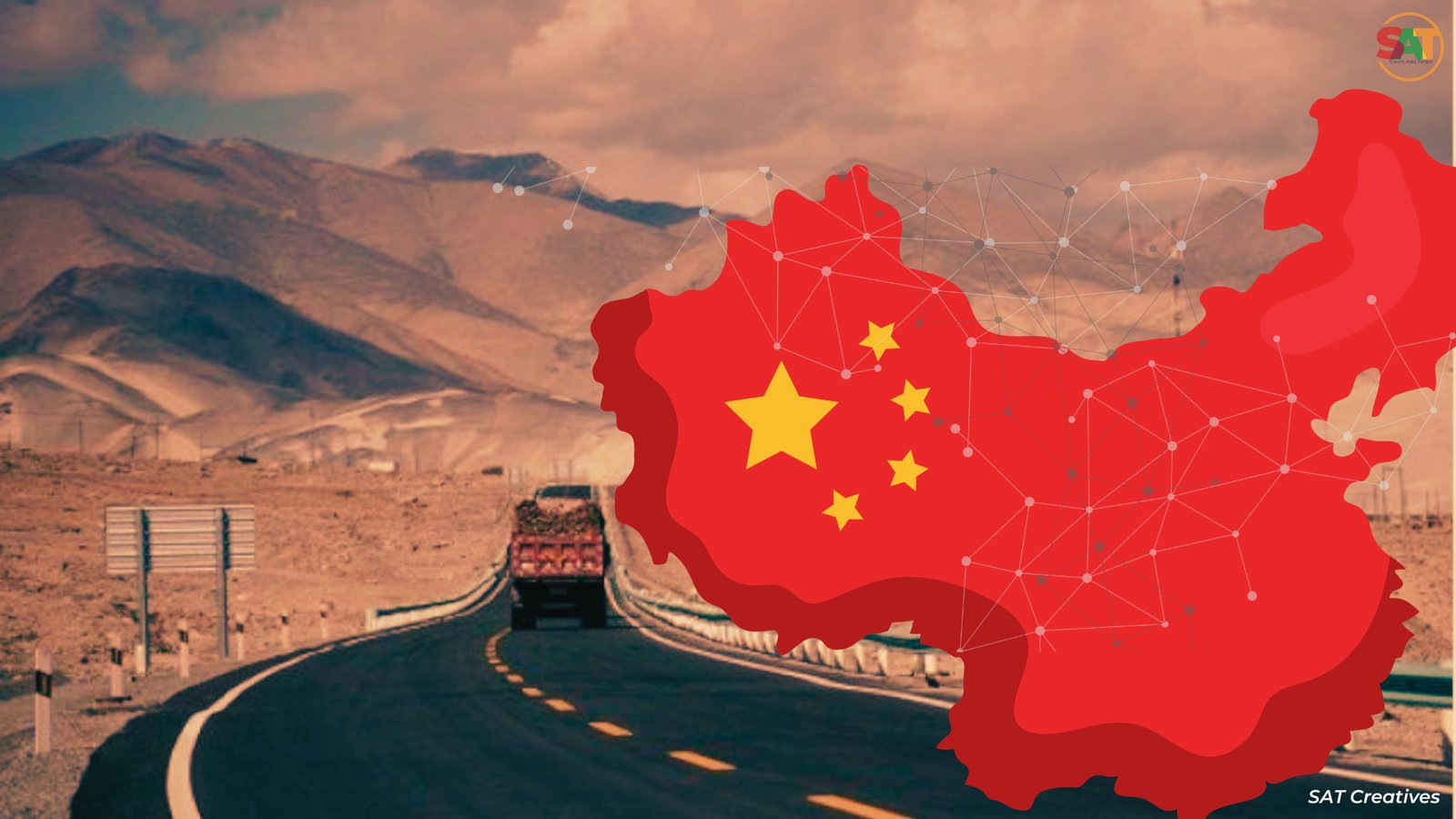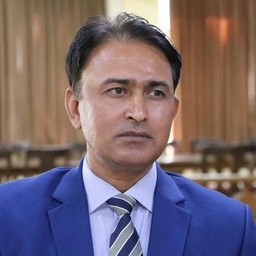Two years after the United States forces pulled out of Afghanistan, the country is forging new dimensions of international connections. Among its partnerships in the region and globally, its cooperation with China has caught the keen eye of the international community.
China-South Asia Expo 2023
The latest affirmation of their bond was evident in Kunming, Yunnan. On August 16th, the city proudly hosted the 7th China-South Asia Expo and the 27th China (Kunming) Import & Export Fair. The magnitude of these events was elevated with the presence of several dignitaries. Among them was the Deputy Prime Minister of the Islamic Emirate of Afghanistan, H.E. Maulawi Abdul Kabir. His video message became the centerpiece of the gathering. It cast light on the growing depth of the relationship between these two nations.
H.E. Kabir’s words painted China not merely as a neighboring state, but as a sincere friend to Afghanistan. Such profound respect is not born overnight.
China’s unwavering policy of goodwill and camaraderie, even amidst Afghanistan’s political transitions, has been a testament to its genuine concern for the people of the Islamic Emirate of Afghanistan (IEA).
A pivotal aspect of H.E. Kabir’s address was the emphasis on the Islamic Emirate of Afghanistan’s endorsement of the Belt and Road Initiative (BRI). This is no mere formality. This endorsement signals Afghanistan’s commitment to regional development and its ambition to be a central player and a partner in the evolving economic landscape of South Asia. Moreover, by expressing interest in joining the China-Pakistan Economic Corridor (CPEC), the Islamic Emirate of Afghanistan is showcasing its willingness to play a part in, and benefit from, China’s broader vision for the region.
Also See: Peace in Afghanistan US, China, Russia and Pakistan Expected to Meet
China’s Afghanistan Policy
Politics, governments, policies, and strategies do undergo change periodically but mutual economic interests often provide a solid foundation for enduring partnerships. With Afghanistan’s eagerness to export its rich bounty of organic produce, including delectable pine nuts, almonds, and pomegranates to China, we see the weaving of not just economic ties but a fabric of cultural exchange and shared tastes. Alongside trade, the mining sector of Afghanistan is also emerging as a prospective collaboration over the investment arena. Mining deals and agreements are already underway and China was perhaps the first country to show interest in the mining sector in Afghanistan after the takeover of Kabul in August 2021.
The 4th China-South Asia Cooperation Forum inaugurated a day later serves as another testament to the deepening relationship. Dr. Zhao Haihan, representing China, only further emphasized the trajectory this partnership will take. To the global audience, these events serve as more than just diplomatic formalities. They reflect a new era of cooperation in Asia, highlighting China’s constructive role in shaping a resilient and prosperous future for the region. The world watches with hope and anticipation as this bilateral relationship between China and Afghanistan continues to flourish.
Afghanistan after American Occupation
As the dust settles in Afghanistan after two decades of American intervention, an era marked by conflict, loss, and unfulfilled dreams of peace, the world looks on with trepidation. With the situation at hand, it’s clear that rebuilding Afghanistan requires international cooperation, financial assistance, and technological support. It’s no secret that the U.S.’s withdrawal from Afghanistan was met with mixed emotions. For many, it symbolized a failed experiment in nation-building. However, the focus now should be on how to ensure that Afghanistan doesn’t slide back into a quagmire of terrorism and chaos. This is where China enters and is all hailed.
When Afghanistan faced harsh winters and a pandemic, China was among the first to extend a helping hand.
Such gestures are not just symbols of pursuing diplomacy and furthering a soft power image but are emblematic of a genuine commitment to the welfare of the Afghan people. Add to that, the decision to expand the China-Pakistan Economic Corridor into Afghanistan is a strategic masterstroke. The Belt and Road Initiative, under which the corridor falls, has the potential to revolutionize Afghanistan’s economic landscape. With better connectivity and increased exports, Afghanistan could transform from a war-ravaged nation to a bustling economic hub, providing hope, opportunities, health services, and overall welfare for millions of its citizens.
Afghan owned, Afghan led
Moreover, the principle of “Afghan owned, Afghan led” is a commendable approach. For long-term peace and prosperity, it’s imperative that Afghanistan’s destiny is steered by its own people. China’s commitment to respect the country’s independence and territorial integrity is a testament to its mature and balanced foreign policy approach. This is also a primary reason why the IEA is more welcoming and open towards China. Having been a constant victim of intervention and disrespect for sovereignty, the Islamic Emirate values independence more than anything.
In conclusion, while skeptics might view China’s involvement with a degree of cynicism, what’s undeniable is the potential for positive change. The Afghan people have been yearning for peace and prosperity for decades. With China’s support, and international collaboration, a stable and prosperous Afghanistan isn’t just a dream; it can very well be the next chapter in history.
The views expressed in this article are the author’s own. They do not necessarily reflect the editorial policy of the South Asia Times.



![Afghan men search for victims after a Pakistani air strike hit a residential area in the Girdi Kas village, Nangarhar province on February 22, 2026. [Aimal Zahir/AFP/Getty Images]](https://southasiatimes.org/wp-content/uploads/2026/02/gettyimages-2262391441.webp)



